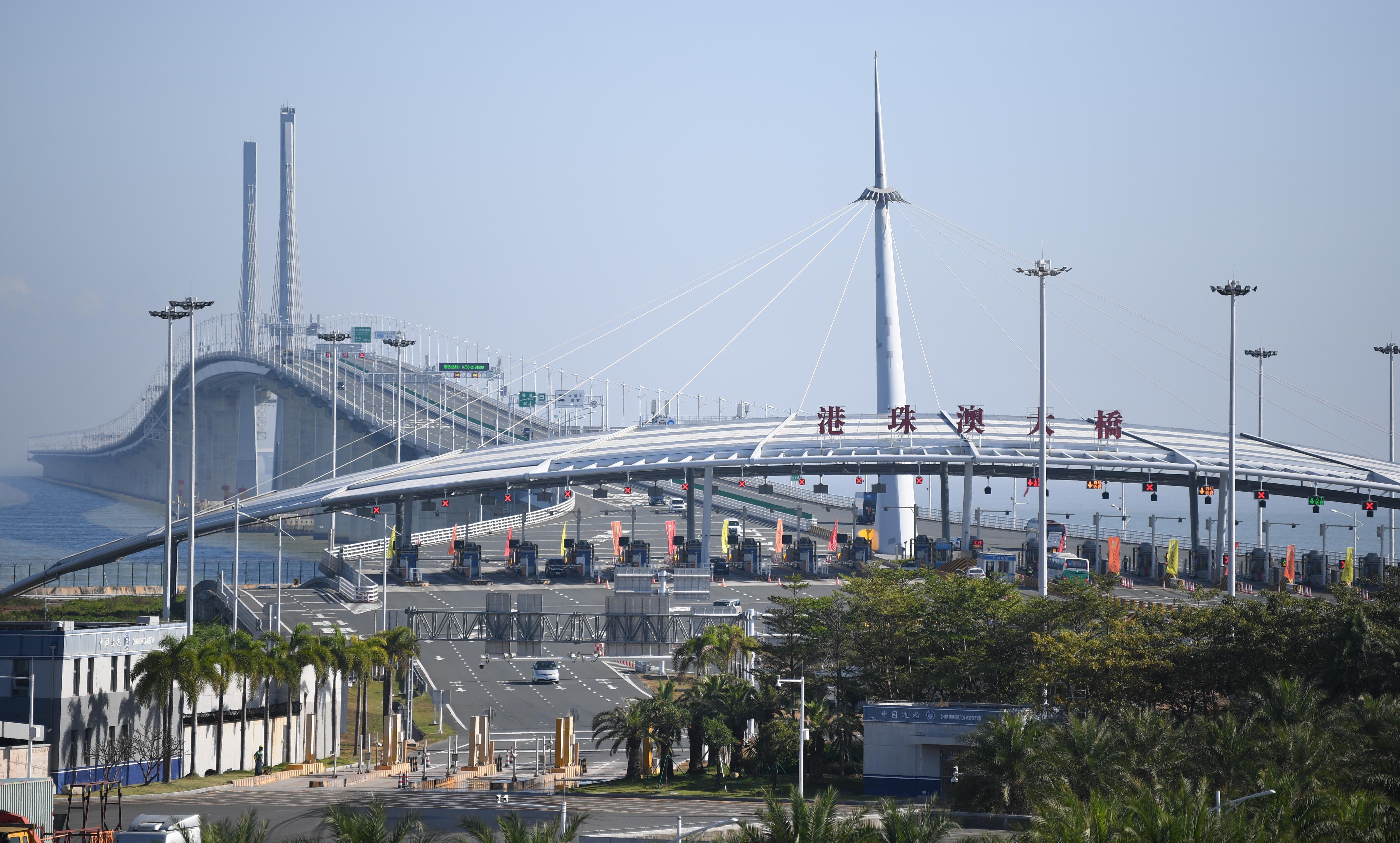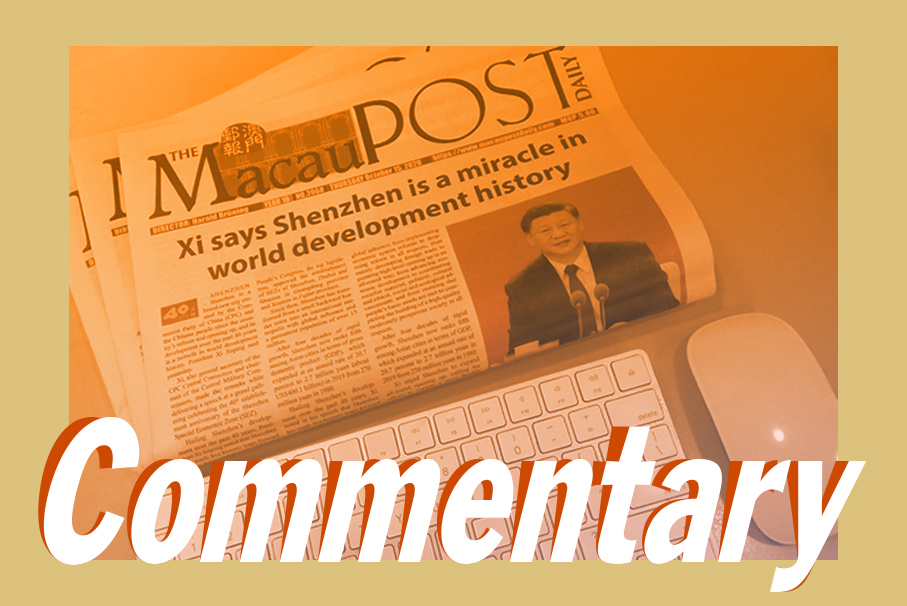Editorial
World Health Organisation (WHO) chief Tedros Adhanom Ghebreyesus reiterated last week his controversial claim that China’s dynamic zero-COVID approach was “unsustainable” because of the highly infectious nature of the Omicron variant.
However, this time he qualified his remarks by quickly adding that it was up to every country to decide what policy [to fight the novel coronavirus] to pursue.
Yes, indeed.
Actually, zero-COVID is a public health policy that has not only been implemented in the Chinese mainland but also in varying degrees in China’s three other regions (Taiwan, Hong Kong and Macau). Regrettably, Taiwan’s health authorities have recently dropped the policy and the island is now suffering the consequences, having to deal with a huge increase in local cases and even fatalities.
The crux is that according to UCLA* research released last month, 30 percent of people treated for COVID-19 developed Post Acute Sequelae of COVID-19 (PASC), most commonly known as “long COVID”, which might put a huge burden on public health systems worldwide for decades.
Even a string of foreign countries such as Australia, Singapore and South Korea implemented zero-COVID until recently, but abruptly decided to scrap it for whatever reason – I guess mainly on perceived politico-economic grounds.
Zero-COVID is a strict control and maximum suppression strategy that, no doubt, inconveniences citizens for a period of time but, most importantly, has proved to save lives and avoid severe cases of the potentially lethal disease.
The opposite of zero-COVID strategy is the “living with COVID” approach that is certainly much less inconvenient to the public in general but accepts, nolens volens, the fact that some of those infected will suffer severe consequences or even die from the disease. This approach is popular in countries where individual freedoms such as the “right to travel” seem to be held in higher esteem than the collective good, which is cherished in Asian societies in particular.
The Chinese mainland, Hong Kong, Macau and Taiwan all have to cope with specific conditions that, in my view, justify the implementation of zero-COVID. Mainland China has a huge population (1.4 billion) and as a (successfully) developing country is still in the process of upgrading its public health system, apart from the fact that 1/5 of its population is aged 60 and over. Hong Kong, Macau and Taiwan each have a high population density, another risk factor in tackling the “nasty” virus.
There is a common misconception in the West that China’s dynamic zero-COVID approach is aimed at achieving zero infections.
Liang Wannian, head of the National Health Commission (NHC), said earlier this year that “a dynamic zero-COVID strategy means not letting the pandemic spiral out of control, but actively controlling it.”
As a medical layman but a long-time resident of one of the world’s regions that has been most successful in its fight against the novel coronavirus, I have read a raft of illuminating articles about the disease in the online China CDC Weekly in the past few months (I wasn’t aware of its English-language version before). I do recommend it to anyone keen to deepen their knowledge of the disease that has been affecting all of us to a lesser or greater degree.
One of its articles**, published in January 2022, points out that the approach “is a transitional strategy to be adopted after a successful containment strategy, when the population immunity barrier is not yet established in the face of continued risk of foreign importation and high transmission variants.”
The authors underlined that “the core is to take effective and comprehensive measures to deal with localised COVID-19 cases precisely, to quickly cut off the transmission chain, and to end the epidemic in a timely manner (to ‘find one, end one’).”
I wonder if Tedros, who is slated to be reappointed WHO chief during the 75th World Health Assembly (WHO) in Geneva this week, reads the China CDC Weekly regularly. Perhaps not, which would explain his controversial remarks about China’s dynamic zero-COVID approach.
As it may be, the WHO must continue to be on high alert about COVID-19. It’s not over yet – far from it. Some local commentators have opined that Macau has so far been “lucky” to have kept the virus at bay. While I do admit that “luck” (one may use the more erudite term “serendipity” instead) plays a certain role in our lives, the fact that Macau is one of just a handful of countries and regions in the world without a single COVID-19 fatality is primarily due to the effective work of the local and central governments in dealing with the viral menace. As a local citizen I am happy and proud of the fact that no-one has died of COVID-19 here.
I hope that our local government stays vigilant but, at the same time, carefully and gradually adjusts its COVID-19 control and prevention measures to the developing epidemic situation such as by easing its entry ban on foreigners without a local ID card.
It’s only human that we all would like to travel again (I haven’t been outside of Macau since late December 2019 – but I feel safe here!) and meet family members and friends who we haven’t seen in the flesh for well over two years. BUT local people’s protection from the virus must continue to be the sine qua non for relaxing the COVID-19 measures. I am confident that this will remain the case. Our economic recovery depends on the continuation of strict COVID-19 control and prevention measures. People’s health is a fundamental factor for economic progress. I am sure that no-one here wants Macau to have to deal with a messy situation resulting from erratic policies such as in North America and Europe – over one million COVID-19 fatalities in the US and more than 2.2 million in the WHO European Region – figures which are a shame for those in charge of some of the world’s most developed economies.
The fight against COVID-19 must continue to be strict and pro-active. The ongoing struggle calls for dynamism, optimism and, last but not least, realism.
And the WHO and its members states must be ready for the next global health threat – monkeypox that can lead to permanent disfigurement.
– Harald Brüning
* University of California, Los Angeles, one of the world’s top research universities.
**https://weekly.chinacdc.cn/en/article/doi/10.46234/ccdcw2022.015








